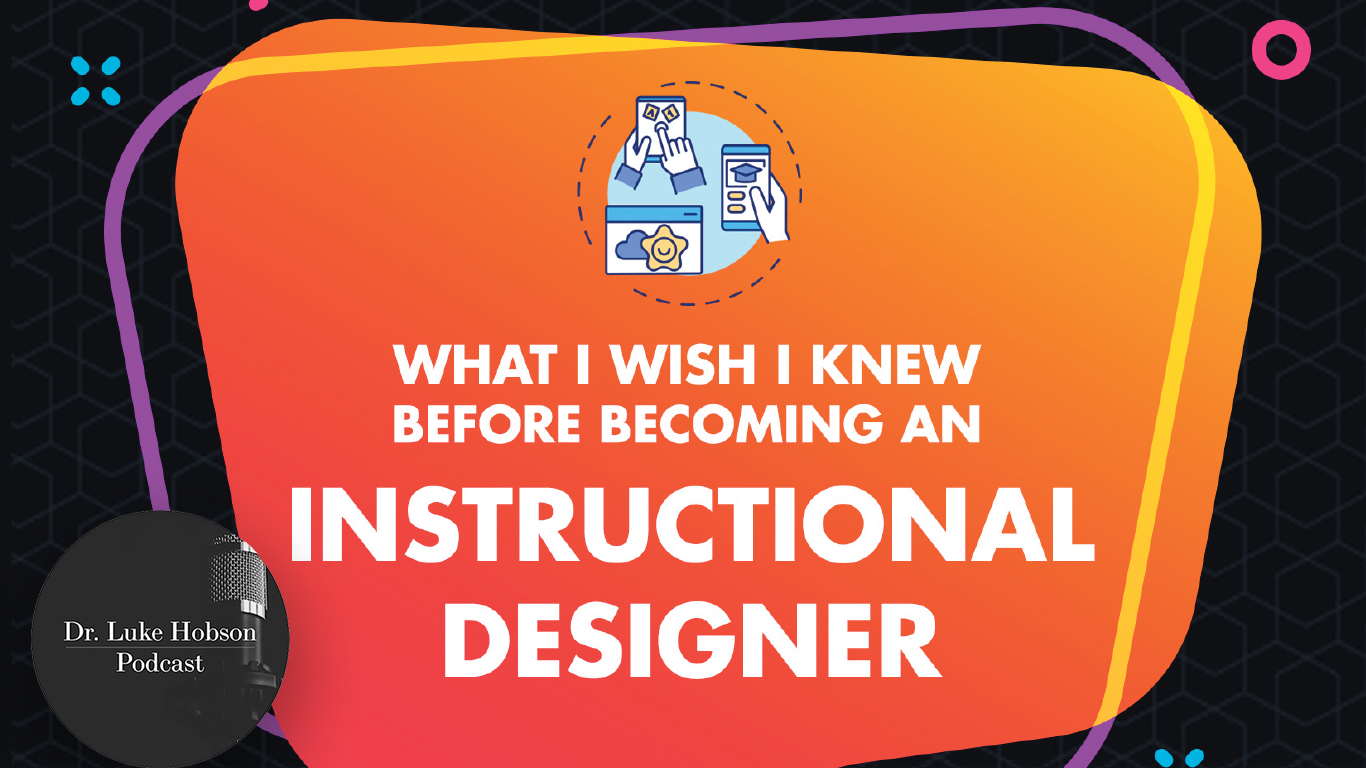Building the Mentality to Cross the Dissertation Finish Line
ABD (all but dissertation) are three little letters that come with a simultaneously sense of pride and emptiness. The feeling of pride comes with finishing a doctoral degree’s course curriculum and passing comps, which is no easy feat. While it’s exciting, it’s really only half of the journey. That’s when the emptiness creeps in and the anxiety of having to conduct your own research becomes a realization. This is when the real fun begins, however, there are a variety of circumstances that stop doctoral students from ever finishing. You know of at least one person who stayed ABD and never finished. I’m sure of it. I knew of this struggle before I even applied to a doctoral program. When I was accepted though, I created a goal for myself of finishing by the time I turned 30 or five years to complete the whole program. Surprisingly, I actually pulled it off. If you’re ABD and can’t seem to cross the dissertation finish line, here are five tips to finally get you there:
Declare to Everyone that Your Dissertation Comes First
This one seems like a no brainer. If you want to finish a commitment, you should make it a priority. I’ve talked to several other doctoral students who understand this and will say that finishing their dissertation is a priority, but their definition of priority and my definition are drastically different. When I say your dissertation comes first, I mean above all commitments. It’s the only way you will finish. Your dissertation needs to come before commitments to your family, your friends, your job, your hobbies, and anything else. Your schedule needs to revolve around your writing time, and not the other way around where you try to squeeze writing in when you can. You’ll inevitably miss birthdays, family events, lunch with colleagues, and other social gatherings. This is a common theme among all successful doctoral students. You must sacrifice comfort in order to graduate. You must eat, breathe, and sleep your dissertation.
To do this without obliterating all of your relationships is tricky, but can be done. You need to have a heart-to-heart talk with anyone close to you. Explain about how you need to finish this dissertation or else it will never get done. Repeatedly saying this out loud will help to visualize finishing and will reinforce the behavior. When I became dead set on finishing this scholarly beast, I remember saying this to my wife, my parents, my friends, and anyone else who I would see on a routinely basis. Everyone had to understand that I was about to become a hermit until I made a monumental dent in my research.
Was this dramatic? Sure. Did it help with alleviating the painful conversations of explaining why I had to turn down another invite for something yet again? Sure did. Talking to people about this will show your dedication and the urgency to complete your research. Trust me, your loved ones are impacted by your writing too. They also want you to finish sometime in this lifetime.
Take Care of Your Health
Of all of the things I said that your dissertation takes priority over, one thing I didn’t mention was your health. This is because your health will absolutely impact your writing abilities. Your body and mind both need to be cared for. You can’t forsake exercise, drinking plenty of fluids, and eating right. I’m not saying that now is the time to start some new radical diet movement. Just like if you want results in the gym, your best results for your writing will come if you are taking care of yourself. I don’t think I need to convince you that exercise is good for you, but what about how it directly relates to your cognitive functioning and writing? According to Dr. Sandra Aamodt and Dr. Sam Wang, professors and experts in neuroscience, exercise helps the brain by:
Slowing the decline in cortical volume with age
Increasing number of small blood vessels in the brain
Releasing of growth factors
Increasing synaptic plasticity
Increasing birth of new neurons in the hippocampus
Reducing risk of dementia late in life (2008, p. 89)
That was a scientific way of stating that exercise can and will improve your cognitive abilities and writing performance. When I was writing my dissertation, I noticed that exercising produced several new ideas. Many of them even happened at the gym and I would take notes on my phone. If you take care of yourself, your writing will become more innovative.
Join the 4 AM Club
Ah yes, the 4 AM club. It’s an exclusive club that no one wants to join, but over time, you’ll never quit. Every successful person I have read about had one trait in common: they got up ridiculously early in the morning. Why did they do this? It’s because no other sane individual is willing to get up this early, therefore, there are no distractions. The 4 AM club for me was my tranquil writing time. All of the typical distractions like texts, emails, and social media notifications were silent this early in the morning and the only thing that made noise was my coffee pot brewing up another cup to keep me going.
Before you even mention it, I know half of you reading this will say, “But I’m a night owl!” Yes, I get it. I was once like you. After waking up early for years now, I can confidently say that it’s not the same feeling. Starting off the day with the feeling of accomplishment was far more rewarding and invigorating compared to waiting till night to write. Keep in mind, it’s far easier to push something off and say you’ll do it later compared to facing your alarm before the sun comes up. Humor me, and try it first before you stay up late.
Space it Out
The spacing effect has been proven to be a valuable method for learning. What is the spacing effect? It’s the principle that information is more easily learnt when it is split into short time frames and repeated multiple times, with time passing between repetitions. Sean Kang, a cognitive psychologist and researcher, described the process of spaced learning as the timing of the practice (when it occurs) matters a great deal: Having the initial study and subsequent review or practice be spaced out over time generally leads to superior learning than having the repetition(s) occur in close temporal succession (with total study time kept equal in both cases) (2016, p. 13).
I found that spaced practice was crucial for preparing for my comps and it was crucial for my dissertation too. There is an overwhelming amount of information a doctoral student must absorb and being able to effectively retrieve this information is critical. According to Dr. Aamodt and Dr. Wang (2008), “Your brain retains many kinds of information longer if it has an opportunity to process what you’ve learned between training sessions” (p. 82). There will be some days where you could write for hours on end and other days, it’s a struggle. Spacing out the writing process allowed for my mentality to compete in a marathon instead of a sprint. Plan your days ahead by devoting certain days to a pre-designated number of hours of writing, rest the following day, and come back refreshed. This spacing period will give your brain the downtime it needs to get the creative juices flowing.
Find Your Tribe
The dissertation journey is a lonely process. Only you can complete it. I would advise to combat this loneliness by finding other like-minded individuals who are also crazy enough to do this. If your degree program has a cohort model, you are about to become best friends with these people. It’s a therapeutic process to be able to talk to others who have gone through the same journey and understand what it’s like. While friends and family are supportive, they can’t relate to what you are going through and you might as well be speaking a foreign language. Your cohort, however, will become an excellent sounding board for your ideas. Find those who understand the mental grind of having a massive research project looming overhead. I owe much of my success to my two close friends, Dr. Michelle Carner and Louis Esposito, who formed what we called, “The Dream Team.” We created a never-ending group chat that got me through many days of wondering what on earth I was doing with my life. If it wasn’t for our bonds, I would’ve easily quit, but I didn’t want to let the Dream Team down.
If you aren’t fortunate enough to have a cohort, fear not, it just means you need to do some searching. First, look for surrounding schools that have other doctoral degrees. You might be surprised to find others nearby in the same predicament. I was shocked to learn that many institutions don’t offer a cohort-based model even though this type of education screams the need for a strong support system. Second, look online for Facebook and LinkedIn groups. Trust me, other people are also looking for a community to call their own when it comes to the dissertation lifestyle. I have heard of colleagues finding others online and then forming their own private Facebook groups and having weekly online video calls to keep each other on track.
If you apply these principles to your writing process, you’ll be on the path to being one step closer to the title of doctor. Just remember, the best dissertation is a done dissertation.
References:
Aamodt, S. & Wang, S. (2008). Welcome to your brain. The science of jet lag, love, and other curiosities of life.
Kang, S. H. K. (2016). Spaced repetition promotes efficient and effective learning: Policy implications for instruction. Behavioral and Brain Science, Vol 3(1) 12-19. Retrieved from https://www.dartmouth.edu/~cogedlab/pubs/Kang(2016,PIBBS).pdf






